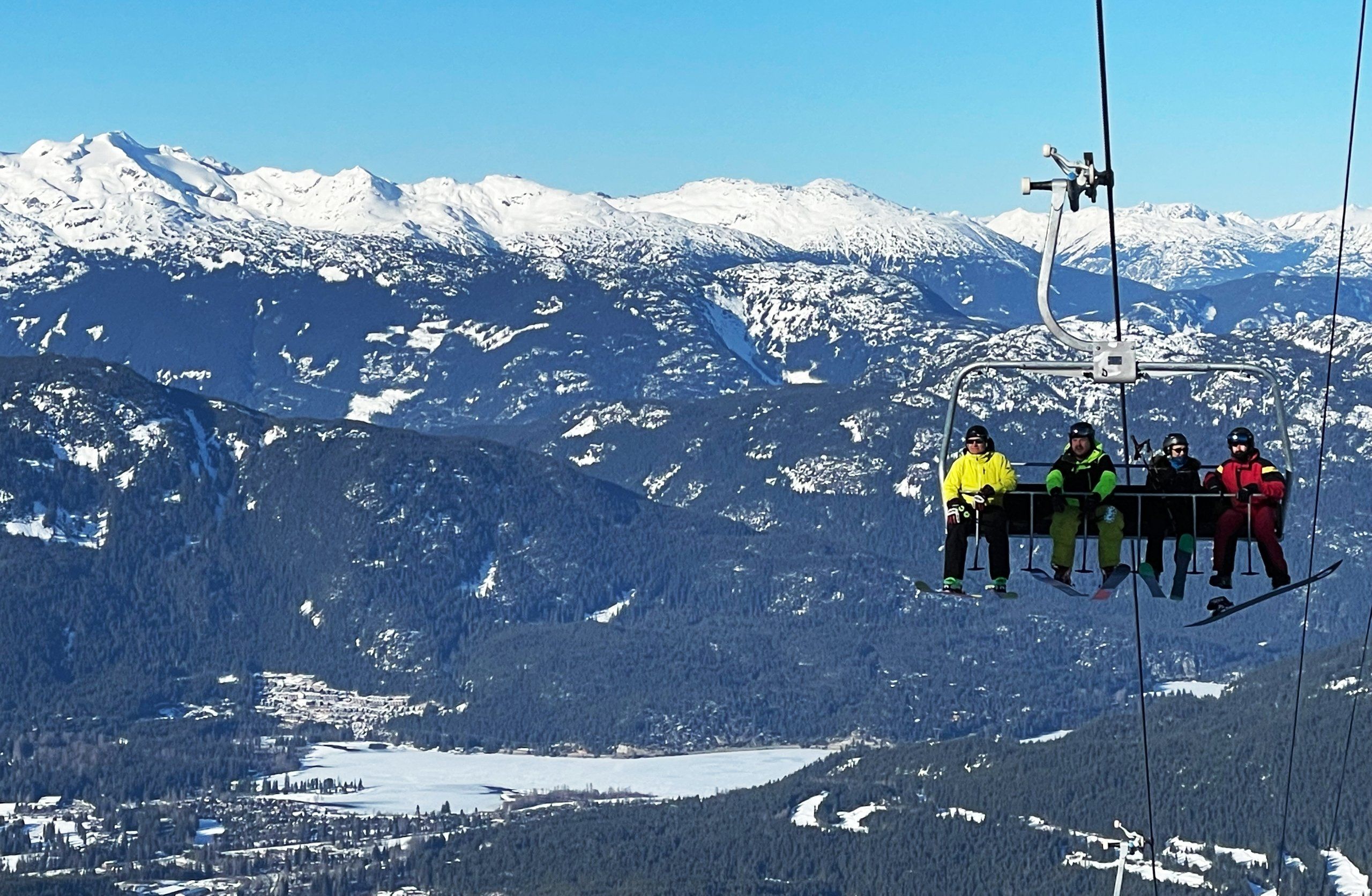25: It’s an El Niño year again – meaning warmer Pacific waters will affect global weather patterns. For Western Canada, that means it’s
likely to get 25cm
less snow than average this winter, while Northern Quebec and Labrador generally could get 25cm more. In the US, southern states will likely see above-average snow accumulation this winter as well.
8: It’s that time again … for shutdown roulette! The US Congress has just 8 days to pass a fresh stopgap measure to fund the federal government beyond Nov. 17, when the current money runs out. Mike Johnson, the newly elected speaker of the GOP-controlled House, said Wednesday that he would decide by the end of this week what he will seek to do. Johnson’s predecessor, Kevin McCarthy, was ousted last month by far-right GOP members who objected to the spending compromises that he’d reached with President Joe Biden.
14,000: Even as Toronto suffers the broader Canadian housing crisis, developers in the city have delayed launching almost 14,000 units as high-interest rates continue to depress demand among pre-construction buyers. At the same time, the national government pledged this week to build close to 30,000 new units on federal lands by the end of the decade.
110: A new UN report
says that major energy-producing countries are on track to produce 110% more fossil fuels in 2030 than they are supposed to if the world intends to limit global warming to 1.5 degrees Celsius above pre-industrial averages. Canada is a big part of the problem: It shows the fourth-largest production increase in the world during that time period. The US came in second behind only Brazil among the climate policy scofflaws.
